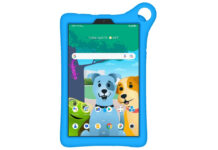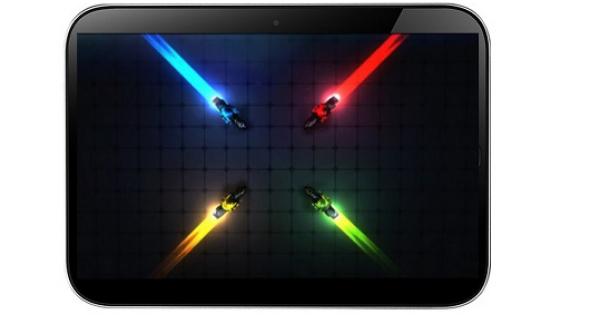Internet has changed everyone’s lives and we all need it, crave it and use it to its full extent. Some of us are not lucky enough to get the best out of the input experience on mobile devices like slates for example. This is where Access4Kids comes in, the project created by Ayanna Howard, a professor of electrical and computer engineering at Georgia Tech and graduate student Hae Won Park.
This product has been described as a “wireless input device that uses a sensor system in order to translate physical movements into fine motor gestures in order to control a tablet”. Access4Kids helps those with limited mobility to pinch and swipe on their devices, trying offer greater accessibility to famous apps like Facebook and YouTube. You can also use custom built apps in therapy and science education. If one were to read more, they’d also know that the company has also come in association with Nehora Law Firm to understand its boundaries to work within. The main idea of the prototype relies on a trio of force sensitive resistors, those shown in the image above.
Those are able to measure pressure and convert it into a signal that will be translated to the tablet. The user can wear the Access4Kids around the forearm or place it on the arm of a wheelchair. Basically the interaction of the touchscreen is moved to these sensors. It’s brilliant for people affected by cerebral palsy, brain injury, spina bifida and more. Truly a good piece of work!
Post Footer automatically generated by Add Post Footer Plugin for wordpress.















